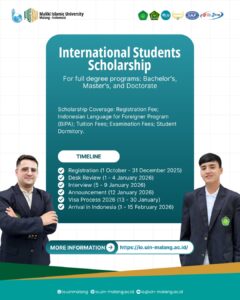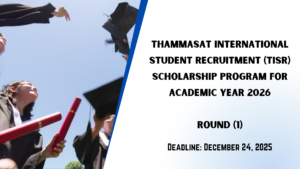Clarendon scholarships are competitive, prestigious and highly sought-after. Like all fully-funded Oxford scholarships, Clarendon covers course fees, and provides a generous grant for living expenses. This funding helps reduce the financial barriers that may stand in the way of the best students, from across the world, coming to study at Oxford.
Every year, Clarendon offers around 130 new scholarships. At any one point, there are over 450 on-course scholars at Oxford making Clarendon the University’s largest scholarship scheme. There are no quotas by nationality or degree level. Every student who submits their application by the relevant January deadline for their course will automatically be considered. The majority of Clarendon scholars are working towards a DPhil, Oxford’s name for a PhD. Scholarships are also awarded for two-year graduate degrees, such as the MPhil or BPhil, or one-year degrees, such as MSc, MSt, MBA or MFE. For more information please see our Full-time applicants and Part-time applicants pages.
Quick facts about Clarendon
1. You will be automatically considered for Clarendon if you apply by the relevant January deadline for your course. You do not need to submit a separate application.
2. Clarendon offers fully-funded scholarships covering course fees, as well as a grant for living expenses for the period of fee liability.
3. There are no restrictions on nationality, ordinary residence or field of study. All full-time and part-time DPhil and Master’s courses are eligible.
4. Clarendon scholars are selected for their outstanding academic merit and potential.
5. Clarendon scholarships are highly competitive.
Selection Criteria
1.Outstanding academic record
An excellent academic record is essential. The majority of successful scholars usually have at least a first class honours degree or its equivalent. For example a GPA score of at least 3.7, if the mark if out of 4, noting that a lot of the Clarendon scholars achieve higher than this score. Or an applicant must have an outstanding academic record at Master’s level, noting that an exceptional Master’s degree can compensate for a moderate first degree performance. Requirements may vary between disciplines and from year to year depending on the strength of the field. Other evidence of high academic achievement may include individual marks on student transcripts; evidence of previous university prizes or awards; information on your overall position within your cohort; and publications (if applicable).
2. Future potential and aptitude
Particular consideration is given to an applicant’s future academic potential and aptitude of the proposed course of study. This may be assessed by reviewing references and research proposals to determine evidence of an applicant’s aptitude for research, and the likelihood of contributing significantly to the field of study.
3. Student motivation
This is assessed through evidence of the applicant’s commitment to the proposed course as well as evaluation of the personal statement and the referees’ reports.
Scholarship Coverage: Fully funded
Application Time-frame
Application Opening: Ongoing
Application Deadline: January deadline for your course to be considered for a Clarendon scholarship
Please click the following website for detailed information.







